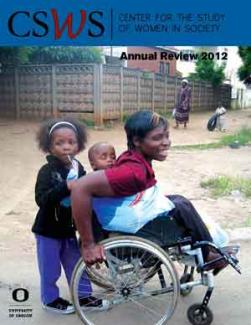Articles:
- “The Rise and Fall of The Goldbergs” by Carol Stabile
- “Witnessing in the Americas: A Conversation with Gabriela Martínez” by Alice Evans
- “We Are the Face of Oaxaca: Testimony and Social Movements” by Lynn Stephen
- “Rural Gentrification” by Lise Nelson
- “Resistance and the Everyday” by Lindsay Naylor
- “Making the Invisible Visible” by Christina Ergas
- “Our Caribbean Kin: Race and Gender in the Neoliberal Antilles” by Irmary Reyes-Santos
- “HIV/AIDS and Women with Disabilities in Zimbabwe” by Susie Grimes
- “When Hard Work Doesn’t Pay Off” by Karyn L. Lewis
- “Life Among the Peul in the Paris Suburbs” by Laura Massengale
- “Strategies of Silence in American Women’s Poetry” by Maggie Evans
- “Gladiators: Pain, Injury, and Masculinity in the NFL” by Katie Rodgers
Introducing New Women Faculty
Abigail Scott Duniway: A Study in Perseverance
Highlights from the Academic Year
Looking at Books

The Rise and Fall of The Goldbergs
by Carol Stabile, Director, Center for the Study of Women in Society, Professor, School of Journalism and Communication and the Department of Women’s and Gender Studies
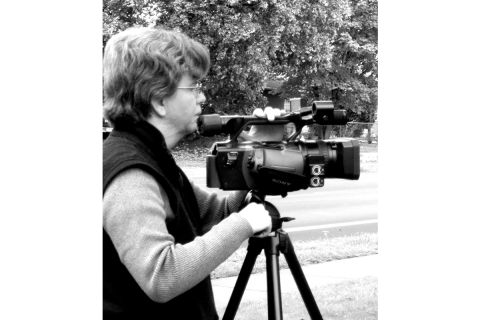
Witnessing In the Americas: A Conversation with Gabriela Martínez
Whether she is documenting the deadly effects of open-fire cooking and heating on children and women in Mayan homes in highland Guatemala, recording the history of indigenous women in Mexico, or writing about the geographical expansion and institutional growth of the Spanish telecommunications company Telefónica, UO associate professor and documentary filmmaker Gabriela Martínez (SOJC) carries out her work with a mixture of heart, intelligence, and skill that brings life and gravitas to the product.
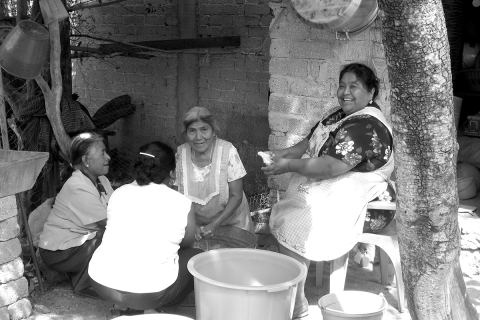
We Are the Face of Oaxaca: Testimony and Social Movements
by Lynn Stephen, Distinguished Professor of Arts and Sciences, Director, Center for Latino/a and Latin American Studies, (CLLAS)

Rural Gentrification and the Production of Immigrant-Centered Precarious Labor Regimes
by Lise Nelson, Associate Professor, Department of Geography
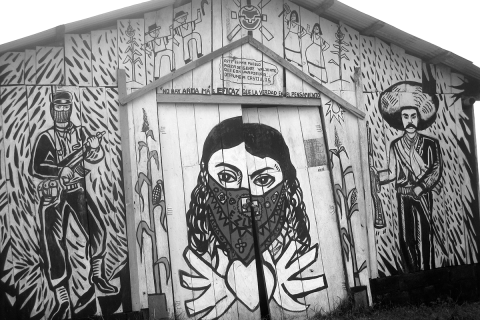
Resistance and The Everyday: The Role of Income Earning in Zapatista-Aligned Autonomous Communities
by Lindsay Naylor, PhD Candidate, Department of Geography
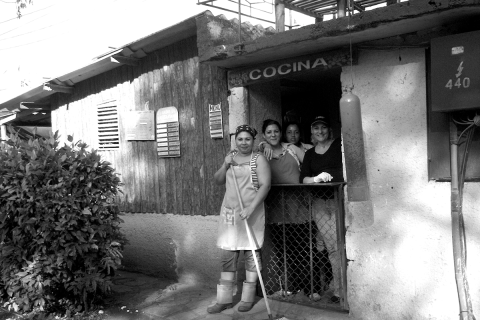
Making the Invisible Visible: Gendered Work in Havana, Cuba’s Urban Agriculture
by Christina Ergas, PhD candidate, Department of Sociology

Our Caribbean Kin: Race and Gender in the Neoliberal Antilles
by Irmary Reyes-Santos, Assistant Professor, Department of Ethnic Studies
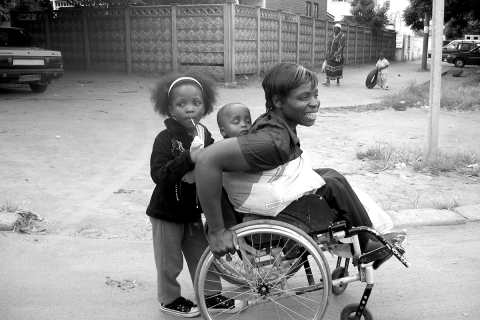
HIV/AIDS and Women with Disabilities in Zimbabwe
by Susie Grimes, Graduate Student, Department of International Studies
In 2002 I was in Lusaka, Zambia, making a video documentary on a microcredit program for women with disabilities. We were at the marketplace to meet members of a sewing group that had received a small loan from the program. One of its members came forward and told us some startling news: out of the original twelve women with disabilities who had formed the collective a year earlier, only four were left. The others had died of Acquired Immune Deficiency Syndrome (AIDS).
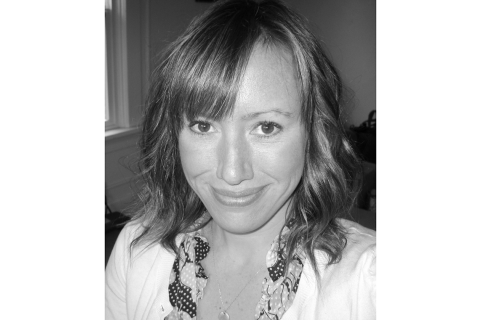
When Hard Work Doesn’t Pay Off: Exploring Self-Perceptions to Understand the Underrepresentation of Women in STEM
by Karyn L. Lewis, Ph.D. candidate, Department of Psychology
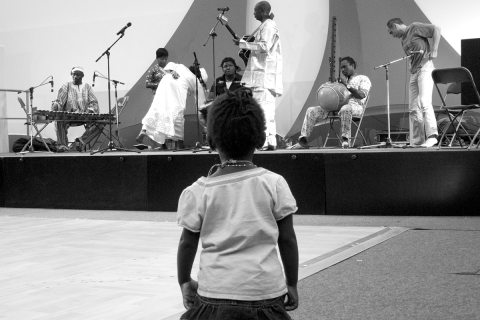
Life Among the Peul in the Paris Suburbs
by Laura Massengale, MA, Department of International Studies

Strategies of Silence in American Women’s Poetry
by Maggie Evans, PhD candidate, Department of English
The final lines of Marge Piercy’s “The Woman in the Ordinary” exemplify a familiar strain of contemporary American women’s poetry:
In her bottled up is a woman peppery as curry,
a yam of a woman of butter and brass,
compounded of acid and sweet like a pineapple,
like a handgrenade set to explode,
like goldenrod ready to bloom.
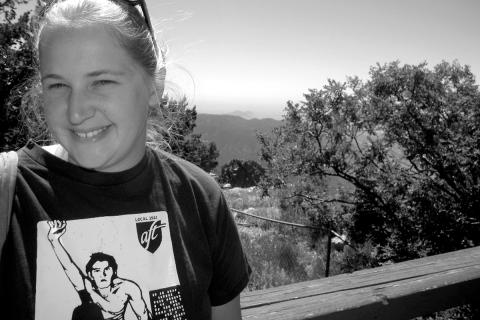
Gladiators: Pain, Injury, and Masculinity in the NFL
by Katie Rodgers, Graduate Student, Sociology


